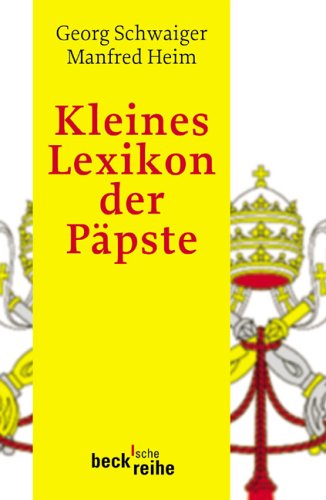P
phαηtom
Guest
wahrscheinlich hat er das im taschenbuchformat immer einstecken in der hose, griffbereit zum batteln auf der straßeKorriergiere :"Kleines Lexikon des Hellenismus".
wahrscheinlich hat er das im taschenbuchformat immer einstecken in der hose, griffbereit zum batteln auf der straßeKorriergiere :"Kleines Lexikon des Hellenismus".

Die Literatur musst du dir schon selber kaufen.Aber ich bin mal so nett.
1.
Cambridge, UK: Cambridge University Press. "That the Molossians[...]spoke Illyrian or another barbaric tongue was nowhere suggested, although Aeschylus and Pindar wrote of Molossian lands. That they in fact spoke Greek was implied by Herodotus' inclusion of Molossi among the Greek colonists of Asia Minor, but became demonstrable only when D. Evangelides published two long inscriptions of the Molossian State, set up p. 369 B.C at Dodona, in Greek and with Greek names, Greek patronymies and Greek tribal names such as Celaethi, Omphales, Tripolitae, Triphylae, etc. As the Molossian cluster of tribes in the time of Hecataeus included the Orestae, Pelagones, Lyncestae, Tymphaei and Elimeotae, as we have argued above, we may be confident that they too were Greek-speaking."
The Cambridge Ancient History - Cambridge University Press
Cambridge University Press
2.Errington, Malcolm R. A History of Macedonia. University of California Press, , ISBN 0520063198.:
"The Molossians were the strongest and, decisive for Macedonia, most easterly of the three most important Epeirot tribes, which, like Macedonia but unlike the Thesprotians and the Chaonians, still retained their monarchy. They were Greeks, spoke a similar dialect to that of Macedonia, suffered just as much from the depredations of the Illyrians and were in principle the natural partners of the Macedonian king who wished to tackle the Illyrian problem at its roots."
A History of Macedonia
University of California Press
3.
Universität Illinois aus den USA :"
Jones, Archer (2001). The art of war in the Western world. Urbana: University of Illinois Press. p. 32. ISBN 0-252-06966-8. "The particulars of these with Pyrrhus of the Greek kingdom of Epirus"
Archer Jones / The Art of War in the Western World
The University of Illinois Press

αρτεmi;1442733 schrieb:dyrrachion oder pyrrhus.. diese ganzen antiken namen mit dem Doppel "rr" lassen sich aber eigentlich nur im albanischen wiederfinden heutzutage.
Die slawischen Mazedonier (maz. Македонци, transl. Makedonci) sind eine südslawische Ethnie. Sie bilden heute neben der größten Minderheit der Albaner das Staatsvolk Mazedoniens[1]. Die slawischen Mazedonier sind nicht mit den antiken Makedonen zu verwechseln. Teilweise beanspruchen sie eine Verwandtschaft mit ihnen, die aber wissenschaftlich nicht belegbar ist.


hui, drei Zeilen Text beschreiben die Geschichte eines ganzen VolkesSoviel zu Dir :



αρτεmi;1442733 schrieb:dyrrachion oder pyrrhus.. diese ganzen antiken namen mit dem Doppel "rr" lassen sich aber eigentlich nur im albanischen wiederfinden heutzutage.
Folge dem Video um zu sehen, wie unsere Website als Web-App auf dem Startbildschirm installiert werden kann.
Anmerkung: Diese Funktion ist in einigen Browsern möglicherweise nicht verfügbar.
Wir verwenden essentielle Cookies, damit diese Website funktioniert, und optionale Cookies, um den Komfort bei der Nutzung zu verbessern.
Siehe weitere Informationen und konfiguriere deine Einstellungen